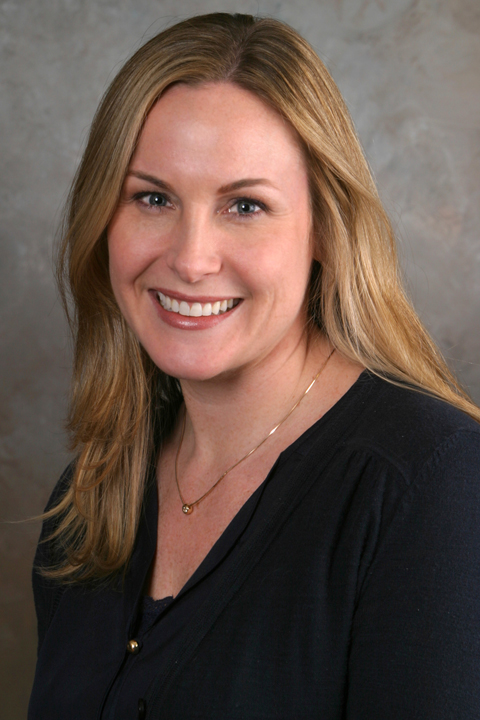
Getting to the Heart of Young Adult Cancer: Mental Health and Survivorship
Overview
| Registration |
|---|
You must login or create an account before enrolling in this educational activity. Once you're logged in, please select the "REGISTER" tab to process your payment and complete your registration. Once you register for the course, you will have 30 days (approximately 1 month) from the date of enrollment to complete the course. The exact date that your access expires will be indicated within the Course Summary box on this webpage. |
Purpose
More than 60,000 young adults aged 20 to 39 are diagnosed with cancer each year in the United States. About 4% of all cancers are diagnosed in people in this age range. About 9,000 young adults die from cancer each year. Cancer is the 4th leading cause of death in this age group, behind only accidents, suicide, and homicide. It’s the leading cause of death from disease among females in this age group and is second only to heart disease among males.
Survival rates for cancer in young adults have not changed much in recent decades, unlike the improvements seen in many cancers in children and older adults. Survival rates can vary a great deal, based on the type of cancer and other factors.
Young adults with cancer face many challenges, from the first onset of problems through treatment and beyond. Learn the importance of early detection of cancer in young adults, along with its treatments. Too often, symptoms or warning signs are ignored or dismissed due to the age of the patient. It is seen as something that occurs more predominately in the older population. With more research, discussion, and public awareness, maybe the key symptoms that might have otherwise been dismissed will be detected early on.
Target Audience
Health professionals.
Objectives
- Identify common challenges that arise when a young adult is diagnosed with cancer.
- Differentiate between young adults who are at low versus high risk for social and emotional challenges.
- Identify resources available to support young adults diagnosed with cancer.
Photo: iStock, purchased
Terms of Use and Privacy Policy
Date of original release: May 2, 2019
Most recent review/update: May 2, 2019
Termination date: May 1, 2022
Speaker(s)

Heather Soyer, PsyD, is a psychologist with Blank Children's Psychological Services. She specializes in the treatment of psychological issues in children, adolescents, and families coping with cancer and other blood disorders. She has been involved in clinical research evaluating the psychosocial functioning and health related quality of life of adolescents and young adults with cancer and other blood disorders.
Dr. Soyer earned her degree in clinical psychology from Nova Southeastern University in 2009 after completing her internship at the UCLA Semel Institute of Neurosciences and Behavior specializing in pediatric psychology and child and adolescent mental health. She completed a fellowship in pediatric psycho-oncology at the Medical College of Wisconsin Children's Hospitals of Wisconsin where she provided inpatient and outpatient clinical services to pediatric oncology and hematopoietic stem cell transplant patients and their families.
Relevant to the content of this activity, Dr. Soyer has no financial relationships with commercial interest companies to disclose.
CE Credits
Continuing Education Credit
 MD: This activity has been planned and implemented in accordance with the accreditation requirements and policies of the Iowa Medical Society (IMS). Des Moines University (DMU) is accredited by IMS to provide continuing medical education for physicians. DMU designates this enduring materials activity for a maximum of 1.0 AMA PRA Category 1 Credit(s)™. Physicians should only claim credit commensurate with the extent of their participation in the activity.
MD: This activity has been planned and implemented in accordance with the accreditation requirements and policies of the Iowa Medical Society (IMS). Des Moines University (DMU) is accredited by IMS to provide continuing medical education for physicians. DMU designates this enduring materials activity for a maximum of 1.0 AMA PRA Category 1 Credit(s)™. Physicians should only claim credit commensurate with the extent of their participation in the activity.- DO: Des Moines University (DMU) is accredited by the American Osteopathic Association (AOA) to provide osteopathic continuing medical education for physicians. DMU designates this activity for a maximum of 1.0 AOA Category 2-B credits and will report CME and specialty credits commensurate with the extent of the physician’s participation in this activity.
- Nurse: Des Moines University is Iowa Board of Nursing approved provider #112. This enduring materials activity has been reviewed and approved for 1.0 continuing education contact hour(s). No partial credit awarded.
- Other Health Professionals: This enduring materials activity is designated for a maximum of 1.0 AMA PRA Category 1 Credit(s)™.
Educational Grants
No ineligible company provided financial support for this continuing education activity.
DISCLOSURE
The planning committee member(s) and speaker(s) will disclose if any pharmaceuticals or medical procedures and devices discussed are investigational or unapproved for use by the U.S. Food and Drug Administration (FDA). Determination of educational content and the selection of speakers is the responsibility of the activity director.
DISCLAIMER
The information provided at this activity is for continuing education purposes only and is not meant to substitute for the independent medical judgment of a healthcare provider relative to diagnostic and treatment options of a specific patient’s medical condition. The content of each presentation does not necessarily reflect the views of Des Moines University.
Available Credit
- 1.00 AMA PRA Category 1 Credits™
- 1.00 AOA Category 2B
- 1.00 CE Contact Hour(s)
- 1.00 IBON

 Facebook
Facebook Twitter
Twitter LinkedIn
LinkedIn Forward
Forward